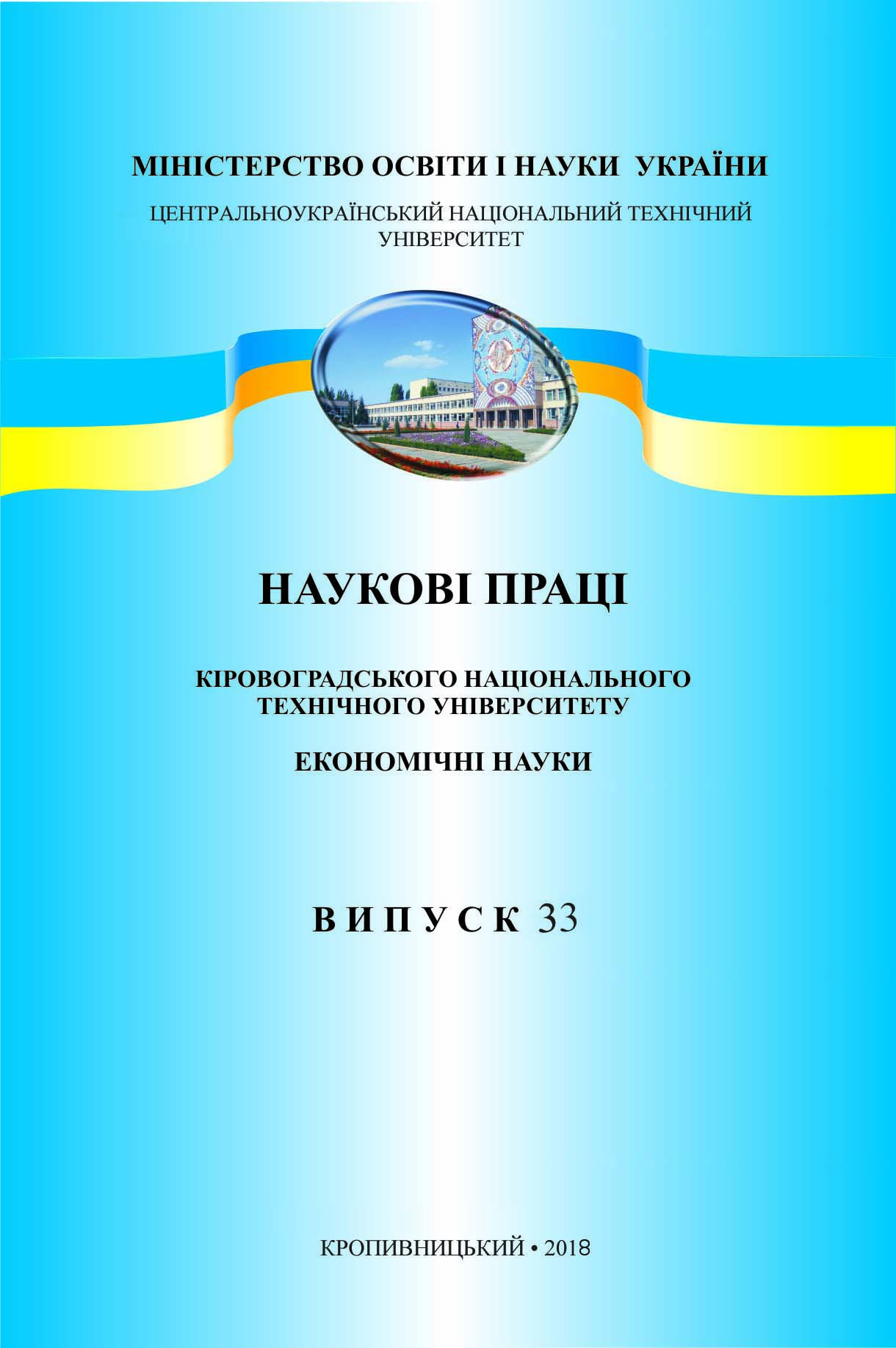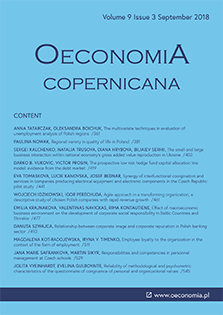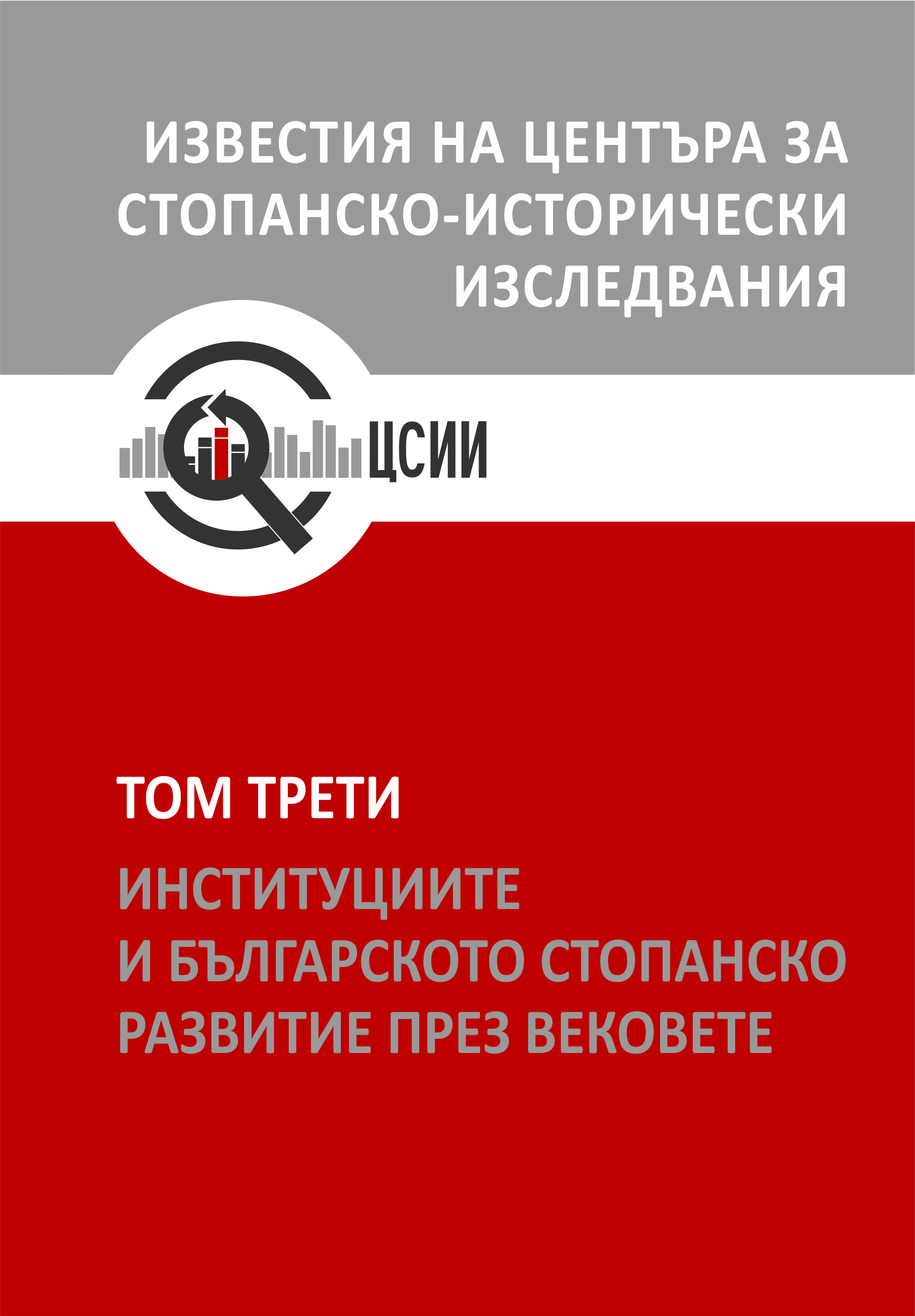
Вплив професійного розвитку на якість людського капіталу в контексті становлення інноваційної моделі національної економіки
The processes of forming and development of innovation-oriented progressive society in Ukraine are impossible without the qualitative changes at the different levels, in particular, from the quality of work of the employee, ending with the quality of functioning of the state mechanism. In the context of the research we have established the level of competitiveness is influenced by the level of education of the population during whole life. As the experience of developed countries demonstrates, the educational level of the population is the main factor of development, in particular, the share of employees with higher education is rather high, which affects both the pace of country's economic development and the high share of the population, which are involved to the professional development.The influence of professional development of employees on the quality of human capital is analyzed in the paper. The purpose of research is to analyze the status of professional development of employees in Ukraine, to identify the main factors, which affect on it in the context of forming an innovative model of the national economy. The status and tendencies of professional development of employees in Ukraine in the territorial section are analyzed. With using the regression analysis, the dependence of socio-economic factors (wages, the level of education of employees, the number of employees, and the number of innovative enterprises) and the professional development of employees in the conditions of transition to the innovative model of the national economy have been established. As the analysis is showed, there are positive tendencies in involving employees to the self-education, participation in a variety of case studies, courses, using ICT, etc. The perspective of further research will be the development of recommendations for the improvement of the regulatory framework which will regulate the professional development of employees in Ukraine, in particular, the creation of the National Qualifications System and development of professional standards in the various fields which could be a real basis for the forming of educational standards.
More...

